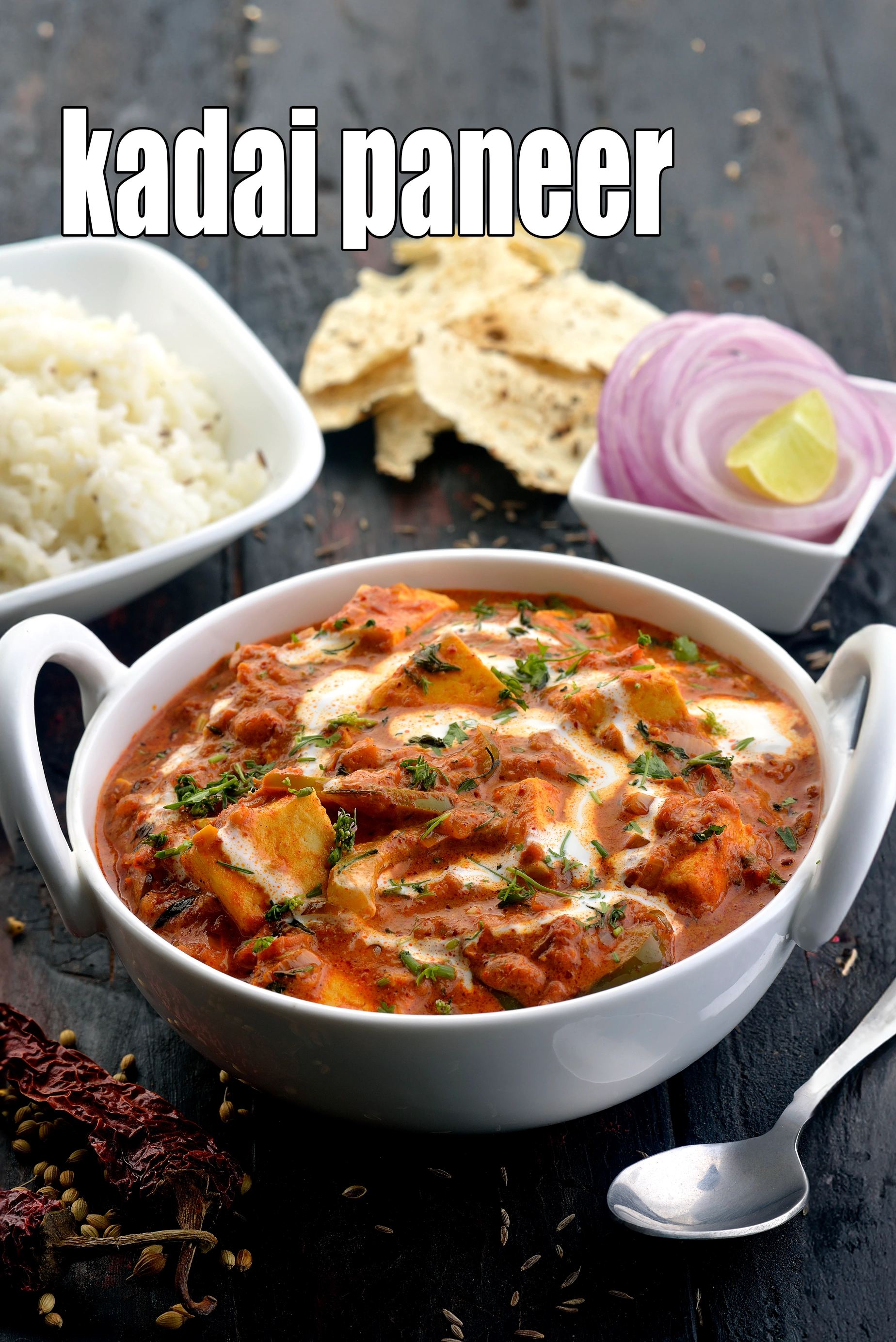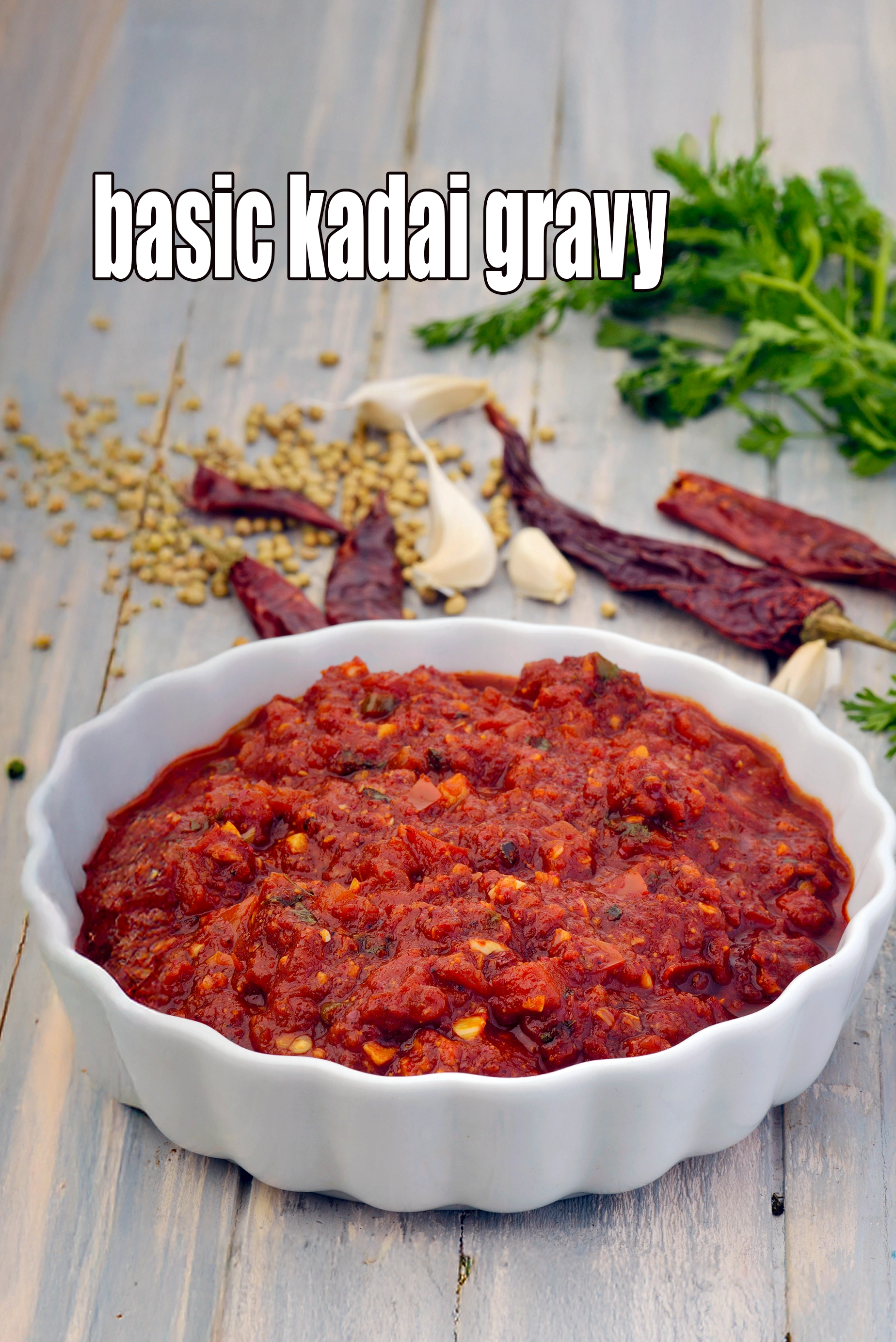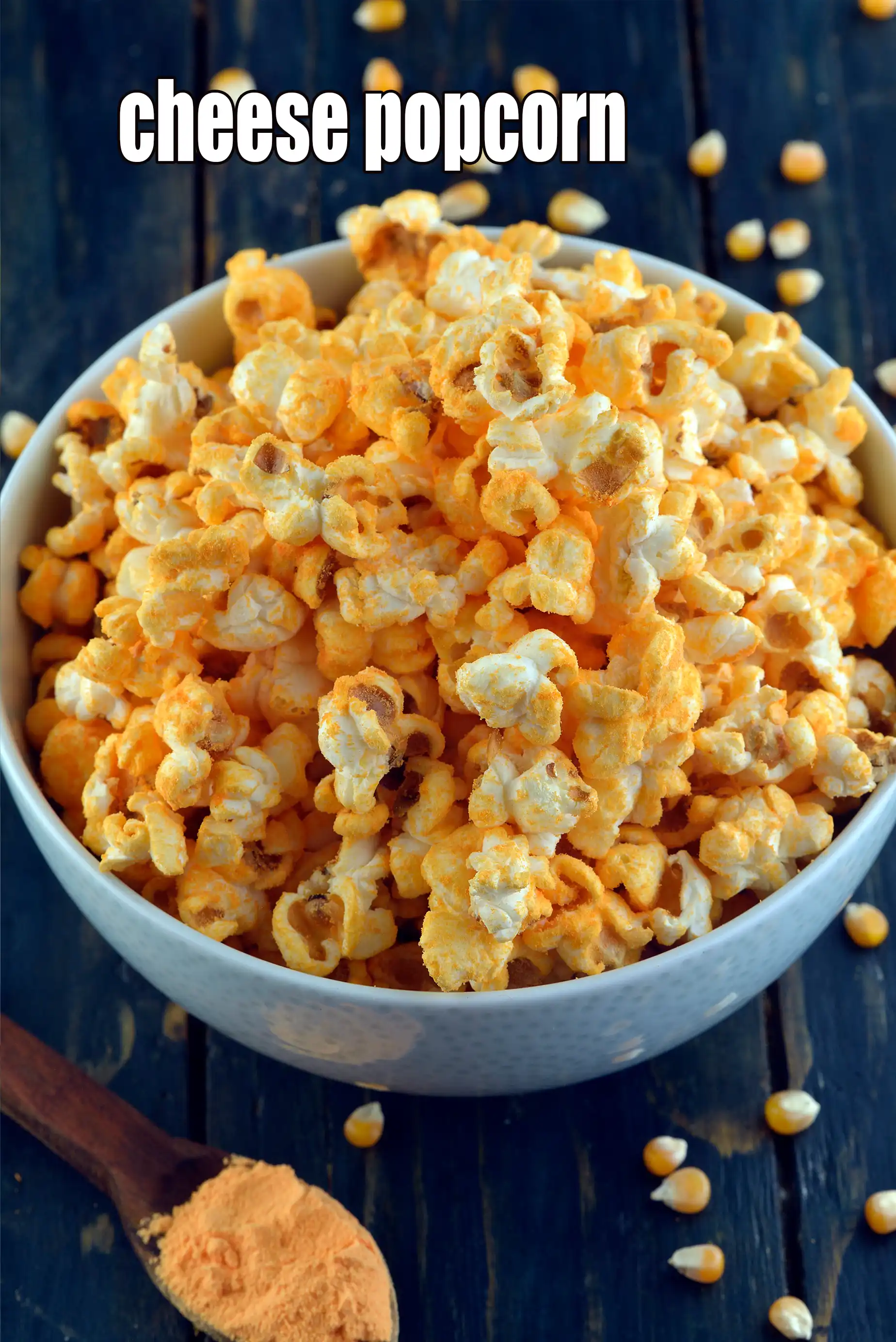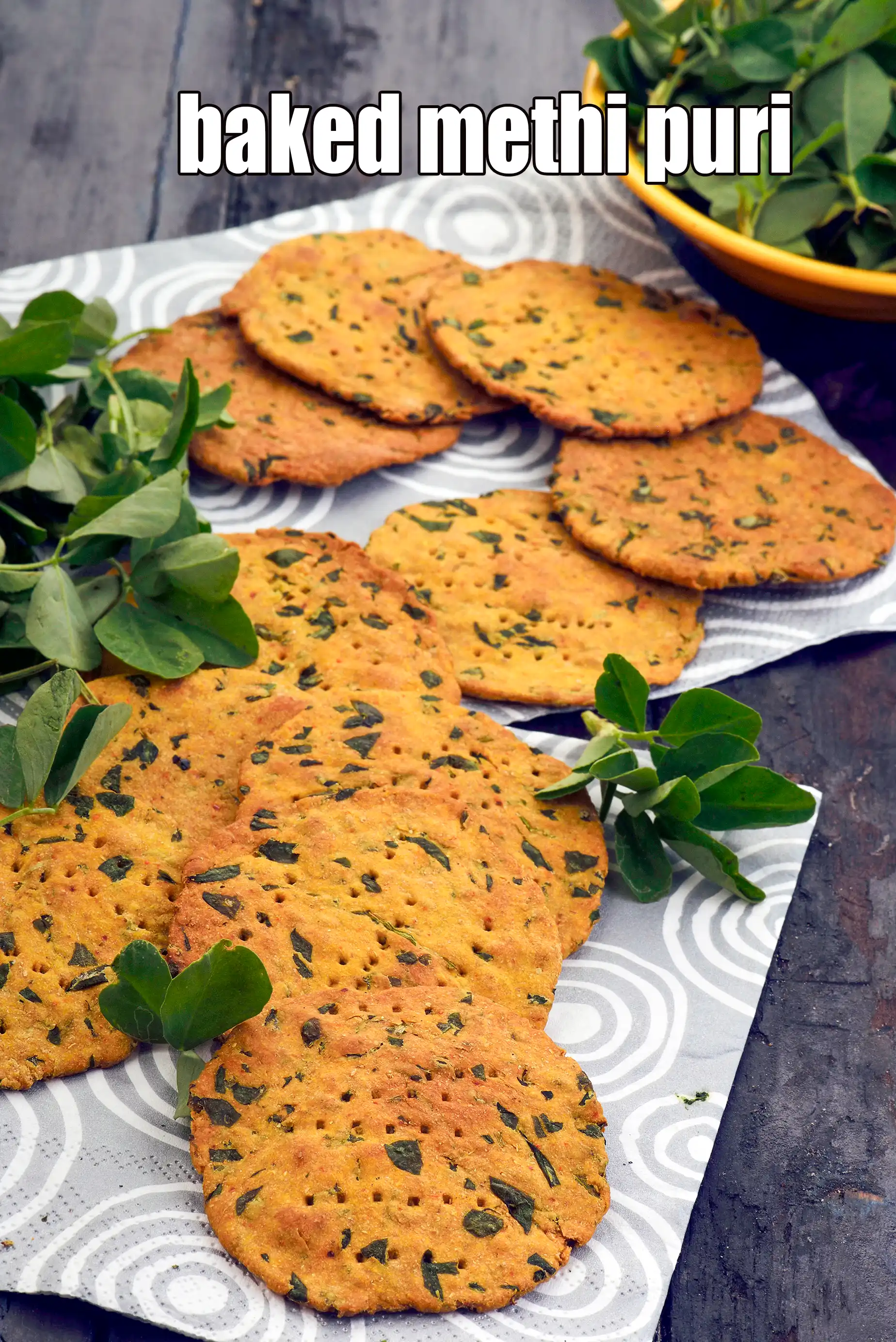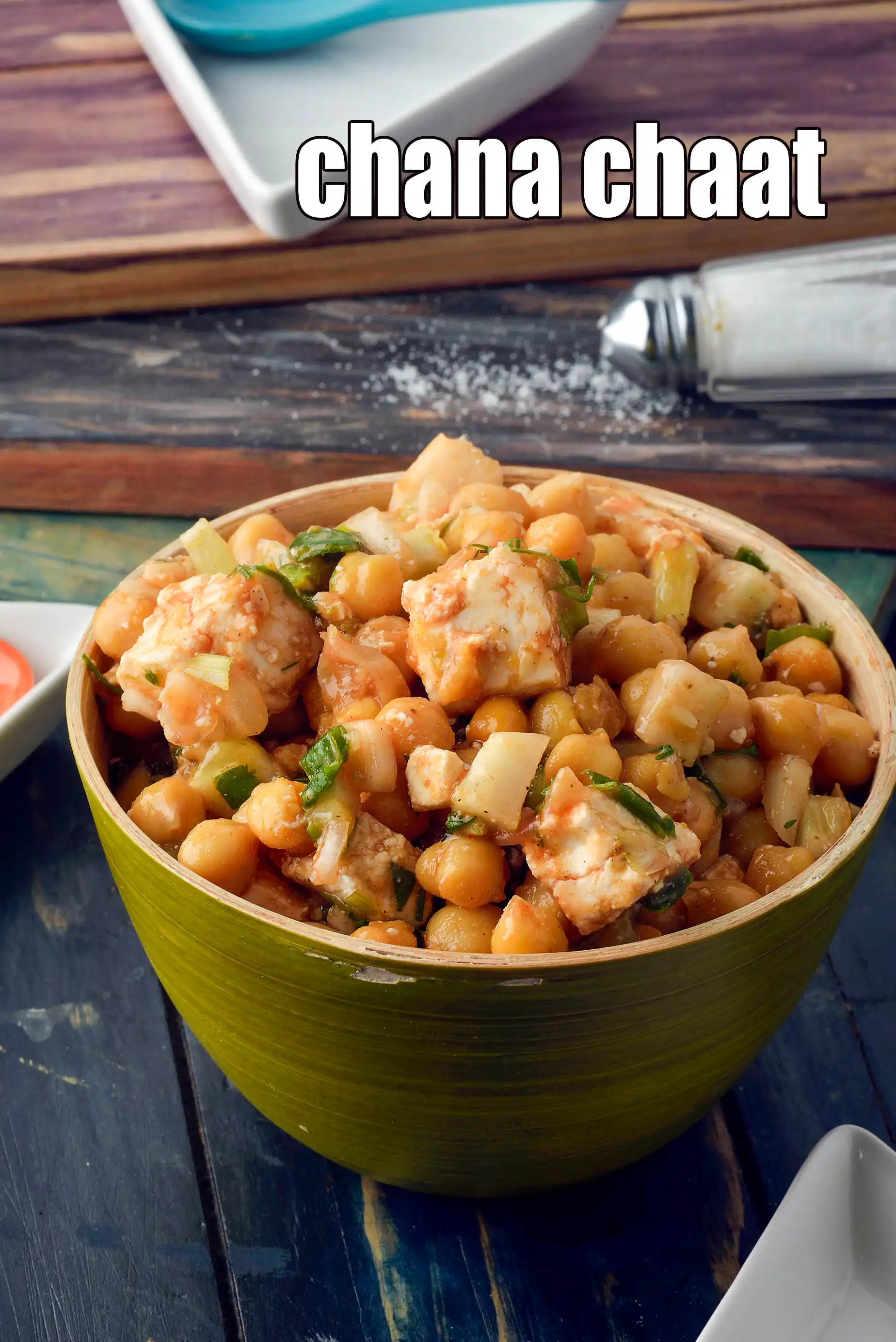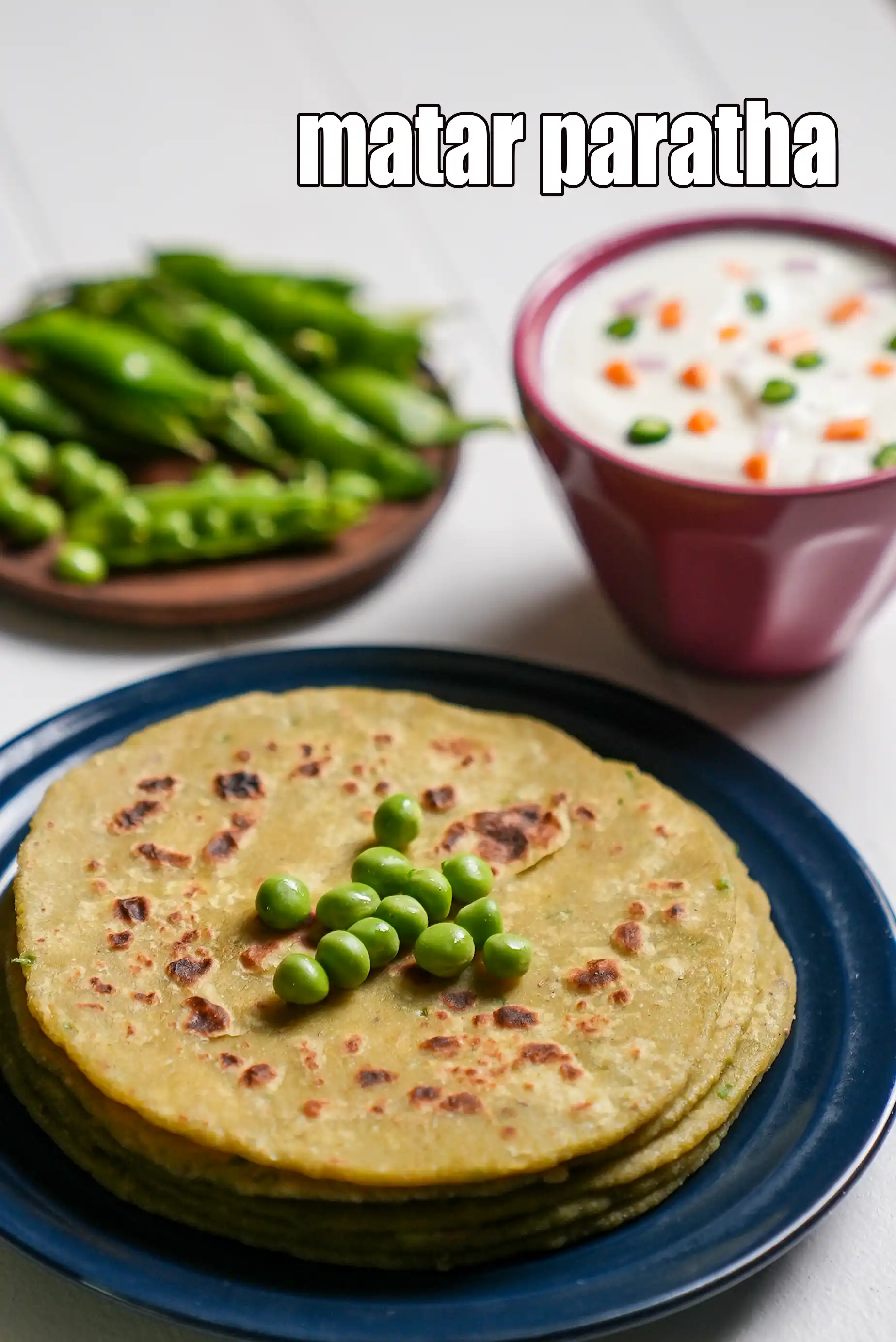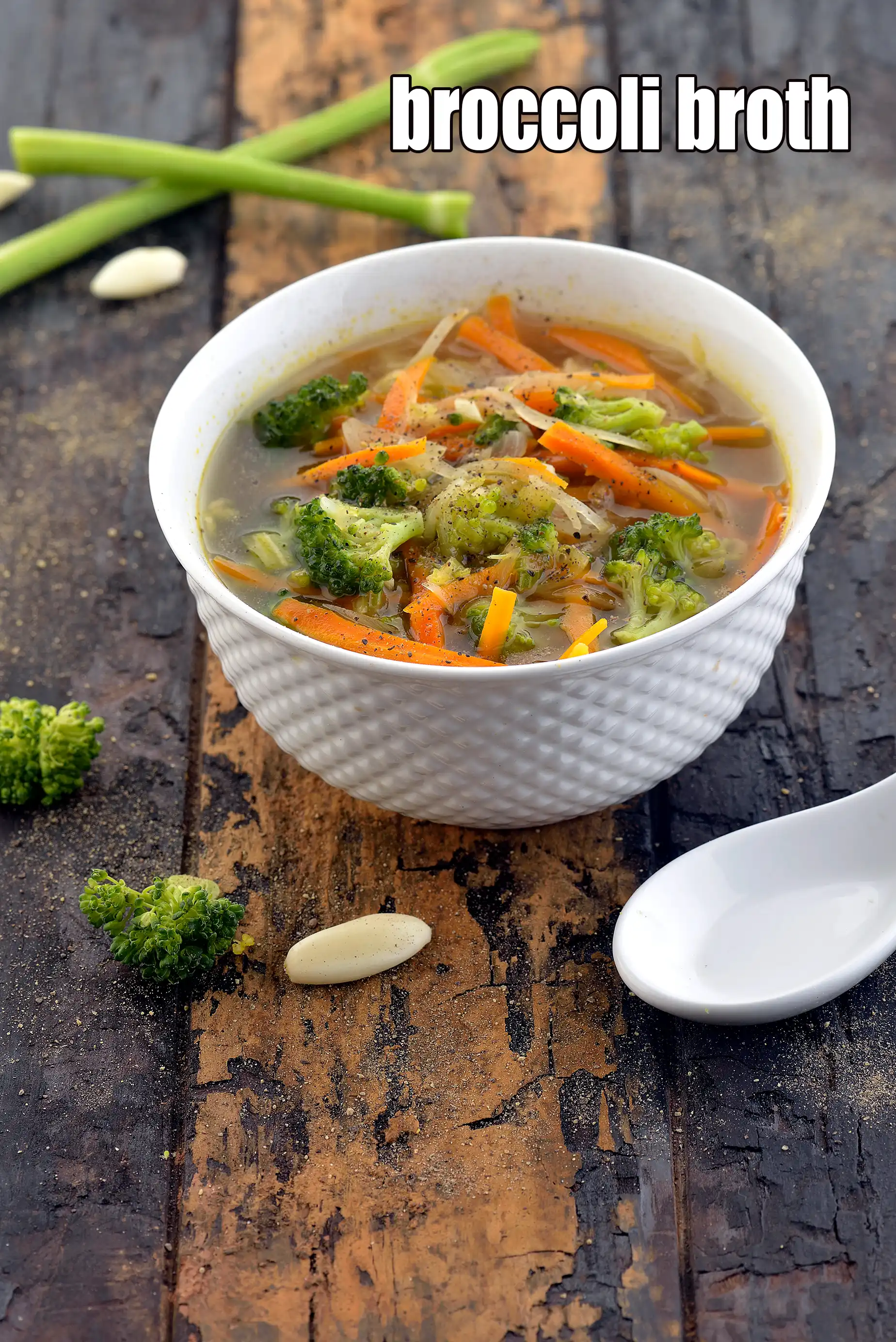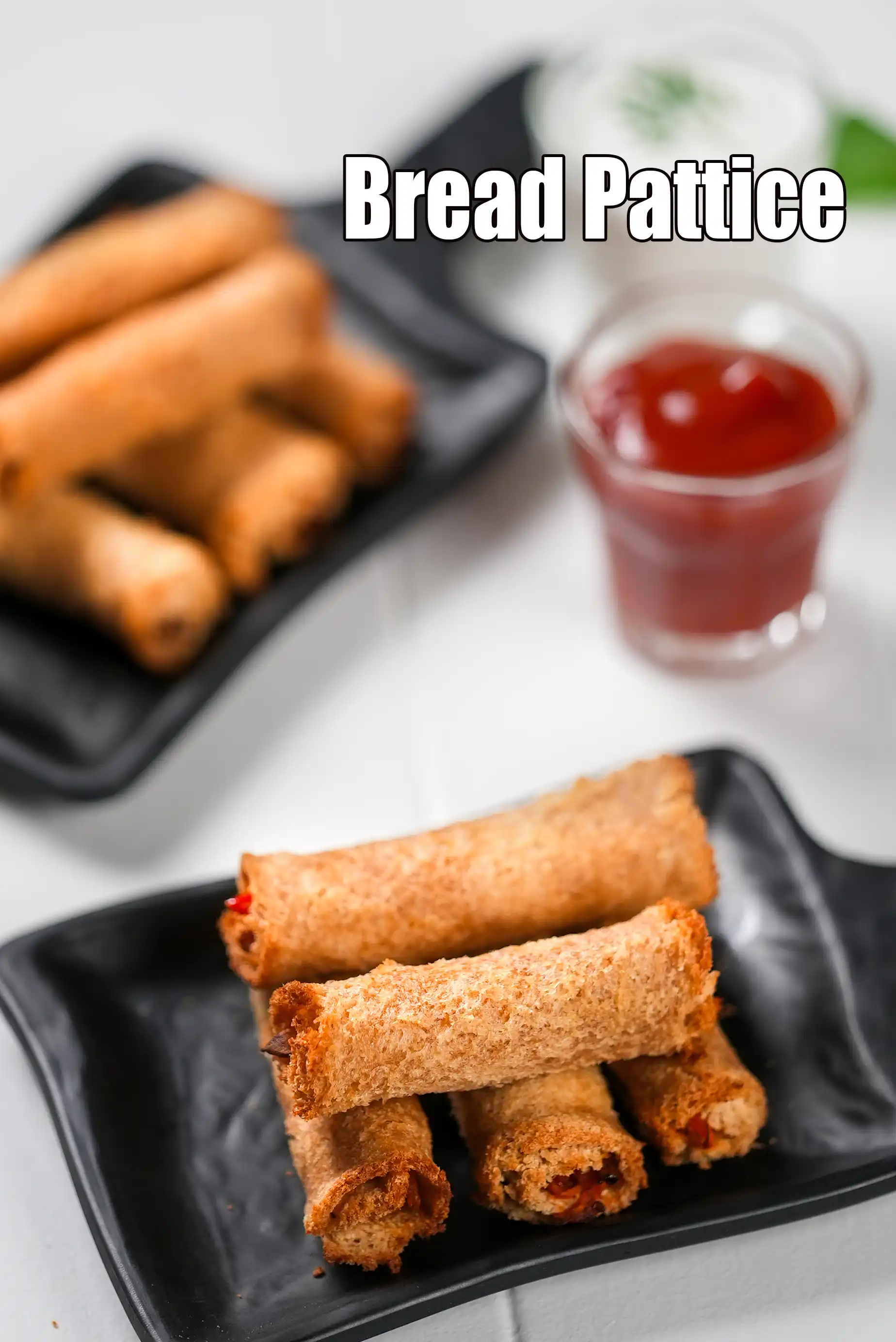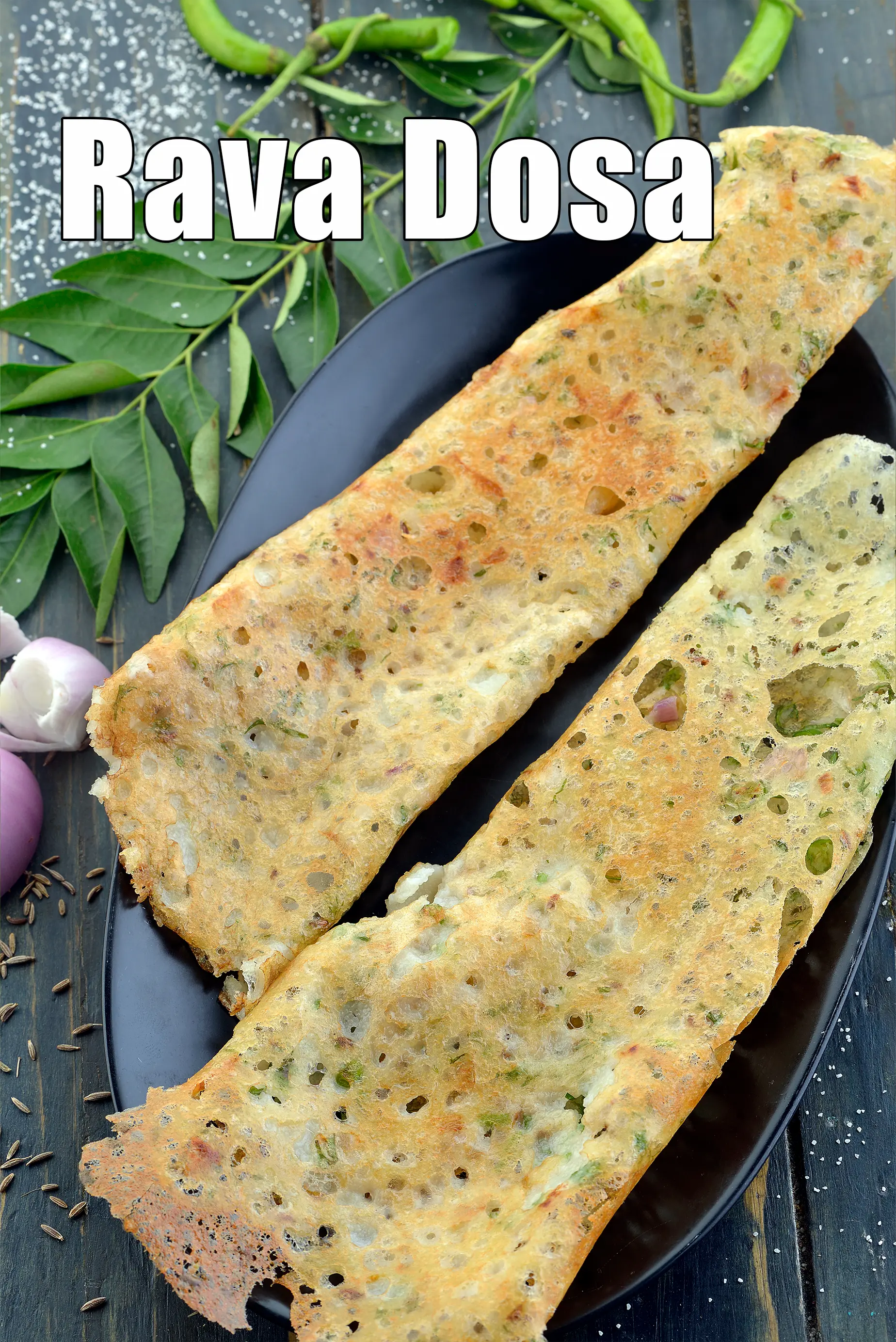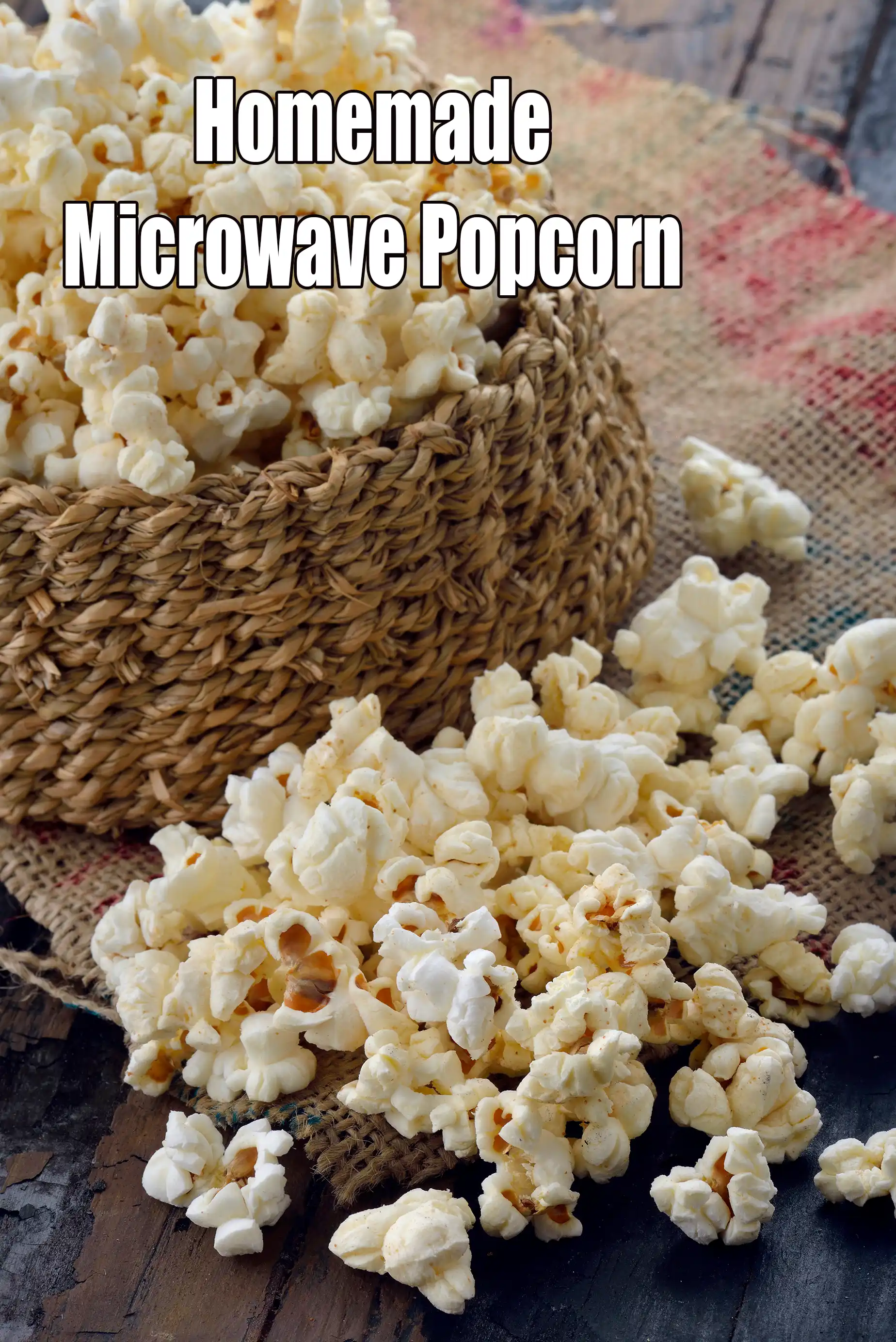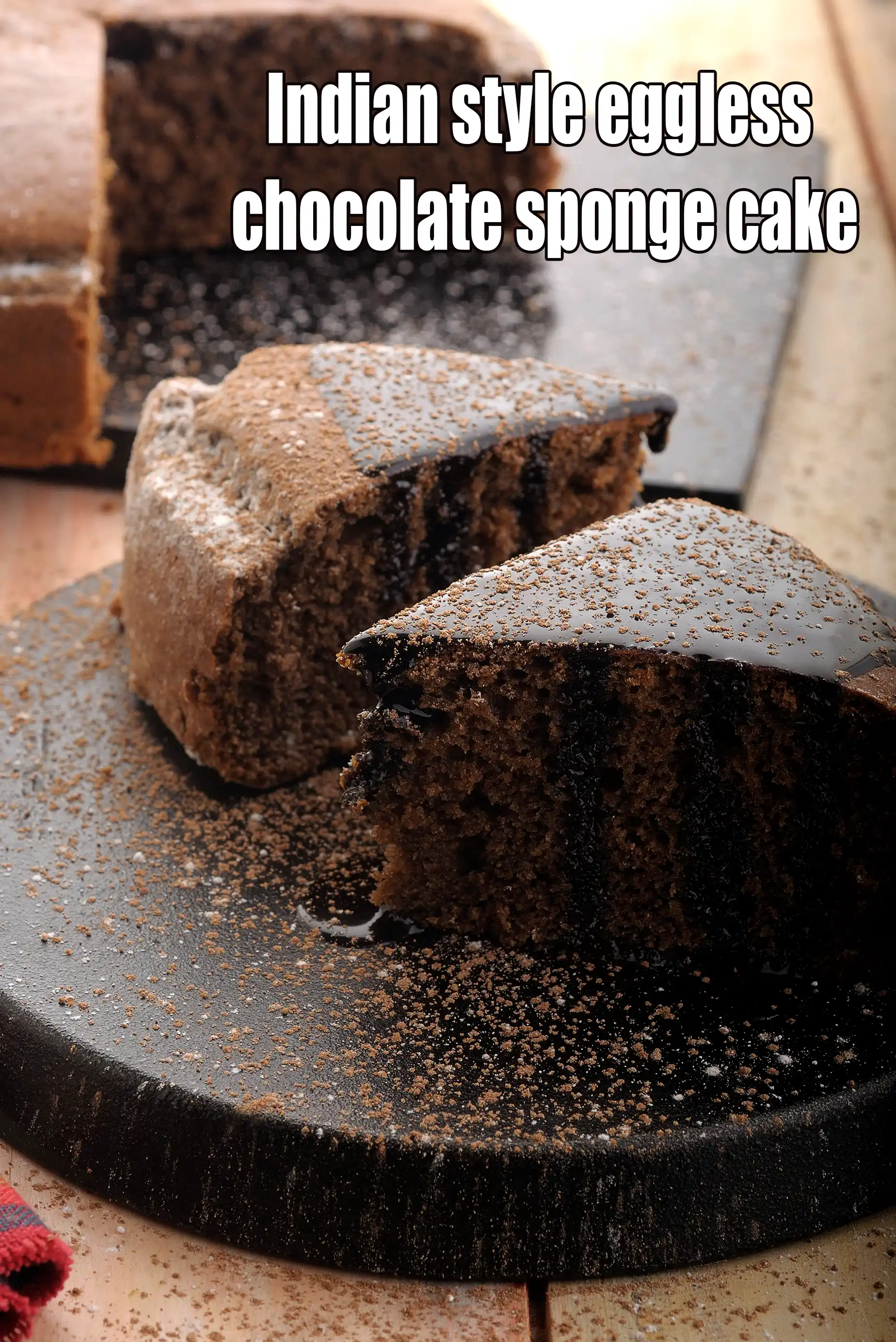Nutritional Facts of Subzi Dal recipe Calories in Subzi Dal recipe
This calorie page has been viewed 3835 times
How many calories does one serving of Subzi Dal have?
One serving of Subzi Dal gives 194 calories. Out of which carbohydrates comprise 112 calories, proteins account for 42 calories and remaining calories come from fat which is 39 calories. One serving of Subzi Dal provides about 10 percent of the total daily calorie requirement of a standard adult diet of 2,000 calories.
See Subzi Dal recipe. Have this nutritious dal along with rotis or parathas as the combination of dals with vegetables makes it extremely rich in energy, protein, calcium,iron and folic acid-all the nutrients which are necessary for a successful pregnancy. Green peas adds on to the fibre content of the recipe and helps to relieve constipation. Also, coriander and capsicum are an important source of vitamins A and C.
Is Subzi Dal healthy?
Yes, this is healthy. But restrictions apply to some.
Let's understand the Ingredients.
What's good.
1. Yellow Moong Dal : The fibre (4.1 g in ¼ cup) present in yellow moong dal prevents the deposition of bad cholesterol (LDL) in the arteries which promotes a healthy heart in turn. Packed with nutrients like zinc (1.4 mg), protein (12.2 mg) and iron (1.95 mg), yellow moong dal helps to maintain the elasticity of your skin and help to keep it moist. Fiber, potassium and magnesium from yellow moong dal will work together to regulate blood pressure and soothe the nerves and is diabetic friendly. See here for details of 7 amazing benefits of yellow moong dal.
2. Toor Dal (tuvar dal, arhar dal, toovar dal) : Toor dal is rich in proteins, the building block of good health. High in fiber, diabetic and heart friendly. Being an excellent source of folic acid, pregnant women must include toor dal in their daily diet. Being an excellent source of fibre it helps in preventing and relieving gastric problems like constipation. See detailed benefits of toor dal.
3. Masoor Dal (split red lentils), Whole Massor : 1 cup off cooked Masoor dal gives 19 grams of protein. Being rich in Phosphorus it works with Calcium to build our bones. Whole Masoor or masoor dal is rich in Folate, Vitamin B9 or Folic Acid which helps your body to produce and maintain new cells, especially red blood cells. Masoor dal is is good for diabetics and a healthy heart. See detailed 10 health benefits of masoor dal.
4.Green Chillies : Antioxidant vitamin C in green chillies protects the body from effects of harmful free radicals and prevents stress. It is probably the high fiber which helps in controlling blood sugar levels. This it is a welcome addition to a diabetic diet. Suffering from anaemia? Add green chillies to your list of iron rich foods too. For complete details see benefits of green chilli.
5. Onions (pyaz, kanda) : Raw onions are a very valuable source of vitamin C – the immune building vitamin. Along with other phytonutrients from onions, it helps to build WBC (white blood cells) which serves as a line of defence against illness. Yes, it’s a source of many antioxidants, the most important one amongst them being Quercetin. The quercetin in Onions promotes production of HDL (good cholesterol) and lowers total cholesterol in the body. The sulphur in onions act as a blood thinner and prevents blood clotting too. This in turn would lower blood pressure and good for heart, diabetics. Read the benefits of onions.
6. Tomatoes : Tomatoes are extremely rich source of Lycopene. Tomatoes are a powerful antioxidant, super rich in Vitamin C, good for heart. Tomatoes are a Pregnant women's friend and are rich in Folate or Folic Acid which helps your body to produce and maintain new cells, especially red blood cells. Read about 13 amazing benefits of tomatoes.
7. Mixed Vegetables : Mixed vegetables get the benefits of lots of nutrients as you are using cauliflower, carrots, cabbage, french beans and green peas. Cauliflower is extremely low in carbs and therefore does not raise blood glucose levels. Rich in Antioxidant and read here for detailed benefits of cauliflower. Cabbage is low in cal, relieves constipation, good for diabetics and see here all benefits of cabbage. Green peas are good for weight loss, good source of vegetarian protein, has insoluble fibre to relieve constipation. Is green peas good for diabetics and see full benefits of green peas.
8. Coriander (kothmir, dhania) : The antioxidants vitamin A, vitamin C and the quercetin present in coriander works towards strengthening our immune system. Coriander is a fairly good source of iron and folate – the 2 nutrient which help in the production and maintenance of red blood cells in our blood. Good for reducing cholesterol and good for diabetics. Read 9 benefits of coriander to understand details.
What's the problem?
1. Vegetable Oils : To some vegetable oil is only soyabean oil, while some promote it as a mix of oils like soyabean, canola, sunflower, corn and other omega-6 rich oils. These are often cheaper options than many oils, but they are highly processed oils. They are undoubtedly not to be reached out for, whether you are looking for salad dressings, sautéing or cooking. The 5 best oils used in cooking are olive oil (low temperature short time cooking), avocado oil, canola oil, coconut oil and peanut oil. You must read the super article to find the facts of which oil is the healthiest avoid vegetable oil.
Can diabetics, heart patients and over weight individuals have Subzi Dal?
Yes, this recipe is good for diabetics, heart and weight loss. The fibre (4.1 g in ¼ cup) present in yellow moong dal prevents the deposition of bad cholesterol (LDL) in the arteries which promotes a healthy heart in turn. Masoor dal is is good for diabetics and a healthy heart. Mixed vegetables get the benefits of lots of nutrients as you are using cauliflower, carrots, cabbage, french beans and green peas. Cauliflower is extremely low in carbs and therefore does not raise blood glucose levels.
Can healthy individuals have Subzi Dal?
Yes.
Subzi Dal is high in
1. Folic Acid : Folic acid is an essential vitamin required throughout pregnancy.
2. Vitamin C : Vitamin C is a great defence against coughs and colds.
3. Phosphorous : Phosphorous works closely with calcium to build bones.
4. Vitamin B1 : Vitamin B1 protects nerves, helps in carbohydrate metabolism, prevents heart diseases and helps produce red blood cells.
5. Fiber : Dietary fiber reduce the risk of heart disease, prevent the spike in blood sugar levels and hence super for diabetics. Consume more fruits, vegetables, moong, oats, matki, whole grains.
Note : a recipe is deemed high in a Vitamin or mineral if it meets 20% and above the recommended daily allowance based on a 2,000 calorie diet.
How to burn 194 calories that come from Subzi Dal?
Walking (6 kmph) = 58 mins
Running (11 kmph) = 19 mins
Cycling (30 kmph) = 26 mins
Swimming (2 kmph) = 33 mins
Note: These values are approximate and calorie burning differs in each individual.
| Value | % Daily Values | |
| Energy | 194 kcal | 10% |
| Protein | 10.6 g | 18% |
| Carbohydrates | 28.1 g | 10% |
| Fiber | 5.46 g | 18% |
| Fat | 4.33 g | 7% |
| Cholesterol | 0.0 mg | 0% |
| VITAMINS | ||
| Vitamin A | 319.5 mcg | 32% |
| Vitamin B1 (Thiamine) | 0.2 mg | 15% |
| Vitamin B2 (Riboflavin) | 0.1 mg | 6% |
| Vitamin B3 (Niacin) | 1.4 mg | 10% |
| Vitamin C | 14.2 mg | 18% |
| Vitamin E | 0.0 mg | 0% |
| Folic Acid (Vitamin B9) | 47.6 mcg | 16% |
| MINERALS | ||
| Calcium | 59.0 mg | 6% |
| Iron | 2.4 mg | 13% |
| Magnesium | 48.3 mg | 11% |
| Phosphorus | 149.1 mg | 15% |
| Sodium | 19.0 mg | 1% |
| Potassium | 449.2 mg | 13% |
| Zinc | 1.0 mg | 6% |
Percent Daily Values are based on a 2000 calorie diet. Your daily values may be higher or lower depending on your calorie needs.

Click here to view Subzi Dal
Calories in other related recipes

-10832.webp)
